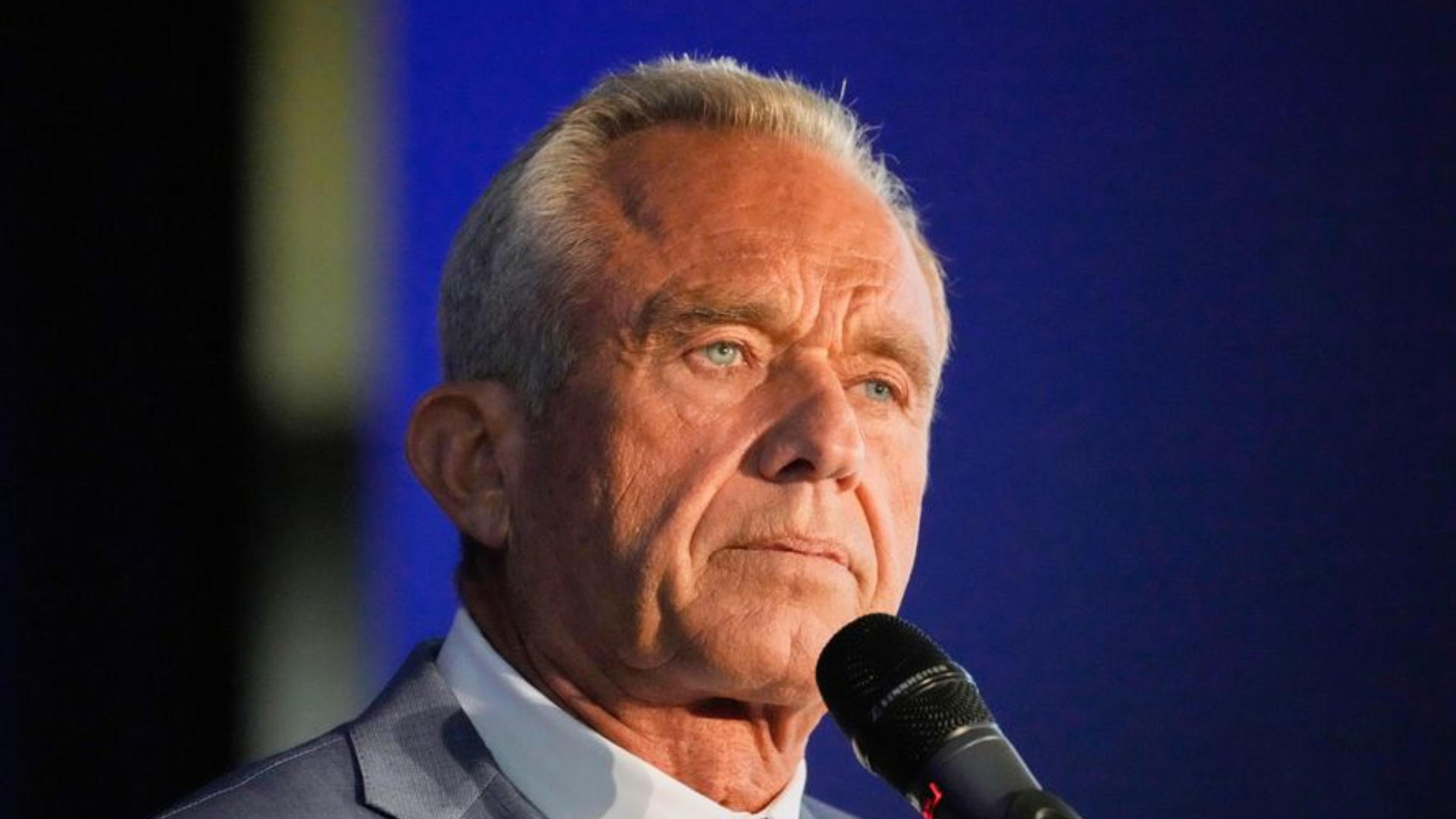(CNN) — American religious affiliation has declined in small but measurable ways over the past few years, according to a new religious survey released by the Pew Research Center on Tuesday, and those changes are trickling down to the voting booth.
A growing portion of young, religiously unaffiliated individuals are driving changes in Americans’ religious attitudes, reshaping the religious composition of both the Democratic and Republican parties, with the potential for policy position changes as a result, according to the survey.
The latest data from Pew shows a slight decline in religious affiliation and belief in God among U.S. adults between 2007 and 2014. The decline is largely attributable to a growing minority of young adults that don’t identify with a particular religious affiliation.
More Democrats than ever describe themselves as religiously unaffiliated, representing a larger share of Democratic voters than any other religious denomination.
These religiously unaffiliated adults, referred to by the Pew survey as “nones,” still largely believe in God (61% say so), but they are less likely than older, religiously affiliated individuals to pray daily, attend religious services, believe in God, or say religion is very important in their lives. And the gap is growing.
In 2014, 28% of Democrats and Democratic-leaning adults identified as religiously unaffiliated, up significantly from 19% in 2007. The “nones” now comprises the largest religious bloc in the Democratic electorate, bigger than either Catholics, Protestants, or Evangelicals — though altogether, 63% of Democratic voters still identify as Christian, down from 74% in 2007.
Even Republicans have also seen a small growth in the share of their voters identifying as religiously unaffiliated.
Additionally, 14% of Republicans and Republican-leaning adults in 2014 identified as religiously unaffiliated, up from 11% in 2014, according to Pew. Many more Republicans, however, still identified as either Evangelicals, Protestants, or Catholics than as religiously unaffiliated. In sum, 82% of Republican voters describe themselves as Christian, down from 87% in 2007.
One political issue in particular has benefited from a sea change in religious attitudes — same-sex marriage. Consistent with the political and legal changes to gay rights that have taken place in the United States over the past year, the Pew survey demonstrates that the share of all Christians saying that homosexuality should be accepted by society increased from 44% in 2007 to 54% in 2014.
Pew’s survey, which was conducted last year, used a nationally representative telephone survey of 35,071 adults.
The-CNN-Wire ™ & © 2015 Cable News Network, Inc., a Time Warner Company. All rights reserved. (PHOTO: Pew Research Center)





















